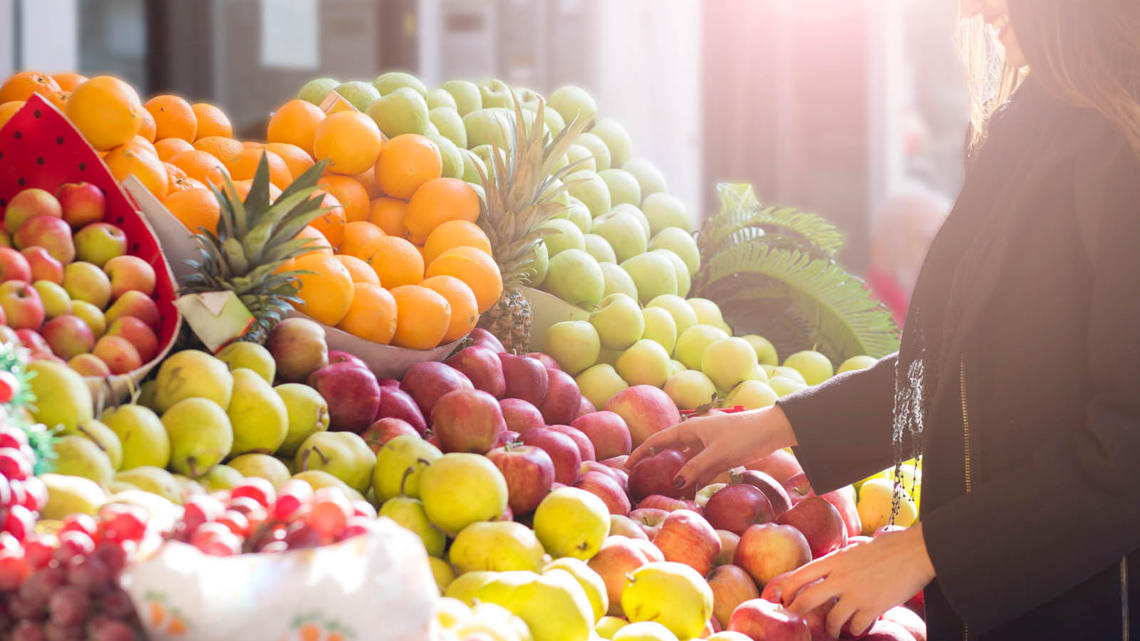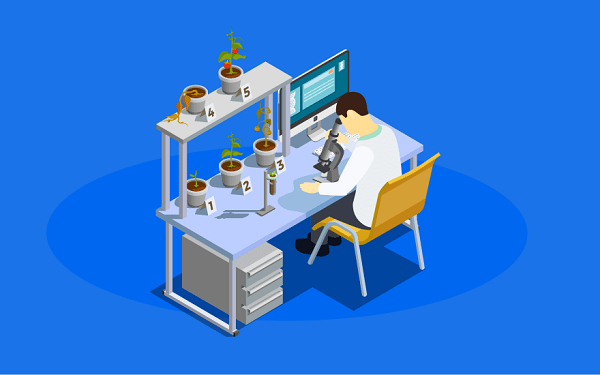Are you curious to find out more about food sustainability?
In this article, we will talk about sustainable nutrition and we will try to define in detail what are its peculiarities and characterizing aspects. https://burniva.com
“We are what we eat,” said Feuerbach. Yes, because our body is fed in everything and for everything from what we ingest, responsible in great part of the operation of our organism.
The concept of food sustainability embraces a series of practices related to nutritionally healthy food, referring not only to direct organoleptic properties. To be defined sustainable, in fact, food must have a low environmental impact, enhance local characteristics and traditions and be accessible to all.
Now let’s see what are the main points that revolve around the concept of sustainable food and what are the tools to learn more about what we eat.
Everything you need to know about sustainable nutrition
From the concept of sustainability and definition to recommendations for reducing environmental impact, here is what you need to know about food sustainability.
What is meant by sustainable foods?
Let’s start talking about food and environmental sustainability, talking about what determines the sustainability of foods.
First of all, let’s start from the concept of sustainability and meaning: in the economic, environmental and social sphere, sustainability serves to guarantee the stability of an ecosystem, i.e. the ability to maintain the ecological processes that take place within an ecosystem and its future biodiversity.
Applying the term to the alimentary field, we can say that the characteristics of sustainable food are …
- Product with low environmental impact, with very low consumption of soil and water;
- Product with low carbon and nitrogen emissions;
- Respectful of ecosystems and biodiversity;
- Attentive to local needs and the enhancement of the territory;
- Healthy from a nutritional point of view;
- Economically accessible to all.
FAO has often talked about food, even at the last EXPO food fair, in which it tried to give a definition of food sustainability by illustrating all its peculiar aspects.
Eat sustainability: The recommendations
Due to the industrialization of agriculture, the massive use of pesticides and intensive farming, choosing sustainable nutrition has not been easy in recent years. Our products need even more accurate controls on the part of consumers, who must be perfectly familiar with the production chain.
Making a sustainable diet is possible: just follow a series of steps and useful recommendations to choose the right foods. Here are some tips …
- Buy local and seasonal products: according to the recommendations for a sustainable WWF diet, buying local products will not only help the local economy, but will have a very low environmental impact, because intermediaries are eliminated;
- Don’t waste food: the issue of food sustainability is crucial when it comes to waste. Check the expiration dates before buying the products and make sure you can consume them within the time limit. If you advance food, freeze it or keep it for the next day;
- Choose BIO products: according to the legislation, BIO products try to reduce as much as possible the environmental impact of production activities, based on respect for ecological processes, resources (primarily soil and water) and biodiversity and eliminating the use of synthetic chemicals. For a zero impact on the ecosystem, choosing BIO products can be a good start.





Leave a Reply